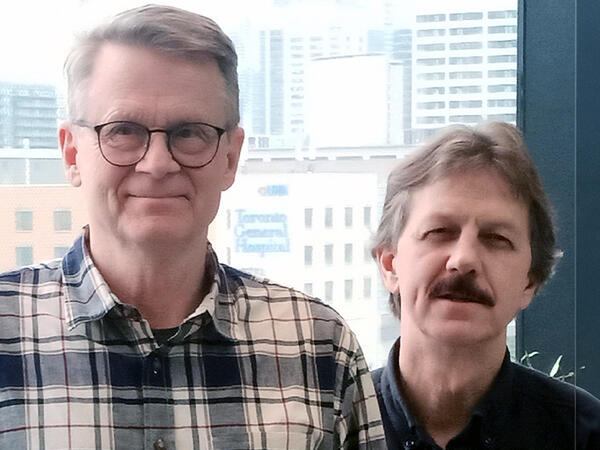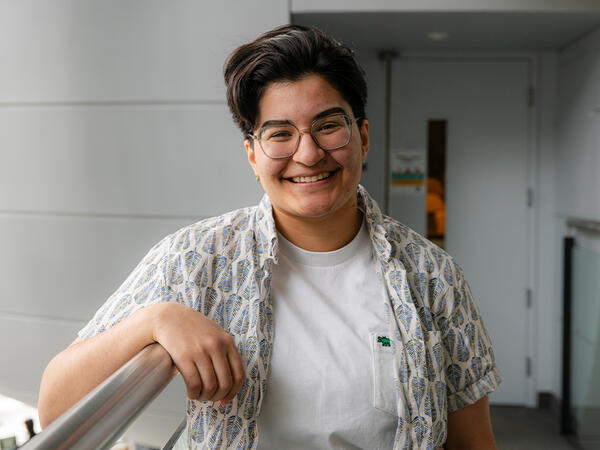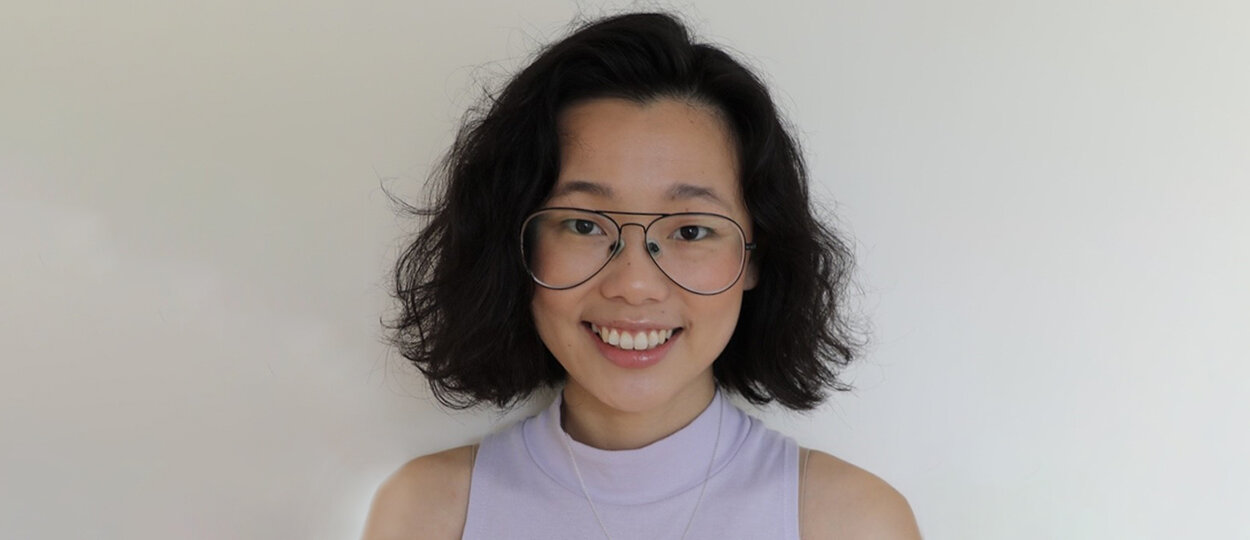What is your academic background and why is your area of research important?
I graduated from the Leslie Dan Faculty of Pharmacy Bachelor of Science in Pharmacy program in 2013. Since then, I’ve been working as a pharmacist providing direct patient care. Over the past four years, my career has focused on caring for the elderly. Specifically, I work in geriatric rehabilitation, complex continuing care, and most recently, on a community outreach team.
In all of these areas of my work, what has stuck out to me most is just how important effective teamwork is in ensuring my patient receives the care they need. Upon discharge from rehab, if a patient with cognitive impairment cannot remember that their blood pressure medication was stopped because of hypotension, the hospital team must communicate this to the community team to ensure the patient doesn’t receive erroneous treatment. While this may sound intuitive and simple, barriers like faulty technology, inefficient means of communication, and large workloads can make effective teamwork more complicated. Working together well can really make a difference in patient care, and better understanding the complexities of effective teamwork through research is important in order to inform practice.
What led you to your current Supervisor’s research group?
In the Masters of Science in Pharmacy (MScPhm) program, I have the unique opportunity to advance my clinical practice as a pharmacist and further develop my teaching skills in addition to conducting a research project. In finding a Supervisor, I wanted to consider all of these components while keeping in mind my special interests in teamwork and caring for complex patients.
I am so lucky to be working with Professor Marisa Battistella! Her areas of expertise really align with my specific goals and interests. Professor Battistella is a Pharmacy Clinician Scientist working in the University Health Network’s nephrology program. Patients with kidney disease are often very complex. They have many medical diagnoses and a delicately balanced medication regimen to support their illness(es). This can often lead to or be accompanied by complex social situations as well. There is no doubt that working in this area during my clinical practica will help advance my practice as a pharmacist. UHN’s nephrology program is also known to be a place where the interdisciplinary healthcare team works together really effectively in order to provide good care to these complex patients. Being imbedded in a team that does teamwork well really spoke to my research interests. Also, as a large teaching centre, there are many opportunities for me at UHN to be both a learner and a teacher.
What are some of the challenges you had to overcome within your research? (This can include specific challenges in the research objectives/findings, skills you had to master, etc.)
As a clinician who is used to reading rather than conducting research, I have found many aspects of being on “the other side” challenging. Learning about the rigours of research has been fascinating, but it’s been difficult for me to break down all moving parts to make sure I’m designing my study as intentionally as possible.
My research will focus on understanding patients’ experiences of how their pharmacists work together intraprofessionally, and I hope to explore this using either qualitative or mixed methods. It has been a challenge to not only start uncovering the wide world of research methods itself, but especially diving more deeply into the relatively unknown (for me) world of qualitative research methods. I am thankful for the guidance of my peers, my supervisor and my advisory committee!
How do you see your current research playing a role in your career?
I am pursing my MScPhm degree in order to develop my skills as a pharmacist leader and I hope to be able to affect change in pharmacy practice over the course of my career. The three pillars of this program: research, advanced clinical practice and education, really speak to my goals. The type of pharmacist leader I want to be is one who uses and conducts research to best inform their own practice, and then shares what is learned by teaching others. Doing this degree part-time means that I am also able to work the other part of the time, and I can already see the impacts of what I’ve learned so far come through in my current job as a hospital pharmacist.
For example, conducting my literature review and reading more about intraprofessional collaboration has led me to be more conscientious of how I communicate with a patient’s community pharmacist upon hospital discharge. I have started to change my process to include hand-over telephone calls with my community pharmacist colleagues as suggested by existing studies. My hospital pharmacist colleagues have noticed this change in my practice and have also become engaged in thinking about their own practices.
This kind of tangible change in how pharmacists practice is what I hope my research, which will incorporate the patient’s take on intraprofessional collaboration, will help facilitate. I can also see how the research skills I gain from this program will allow me to continue being engaged in research that informs pharmacy practice throughout my career.
What do you like to do when you are not working on research?
When I’m not working or studying, I really enjoy running! This might sound strange to some, but there’s nothing that makes me feel more alive than having to focus on my breathing and feeling my muscles work hard. Being able to escape to a trail and be in nature (more accessible in Toronto than one might think) is so key in this era of Zoom calls and doom scrolling.
More News
Image

Jeffrey Henderson Receives Prestigious Connaught Innovation Award
Award will support research to advance novel method of modifying cells for testing new gene therapies.
Read More
Image

Faces of PharmSci: Mahya Rezaeifarimani
Supervised by Prof. Shirley Wu, PhD student Mahya Rezaeifarimani is developing smart nanoparticles to help make radiation therapy work better for brain tumours by targeting low-oxygen areas that often make treatment less effective.
Read More
Image

Dean Lisa Dolovich reappointed for second term
Professor Lisa Dolovich has been reappointed for a second term as Dean of the Leslie Dan Faculty of Pharmacy, University of Toronto, effective July 1, 2025, to December 30, 2030.
Read More
